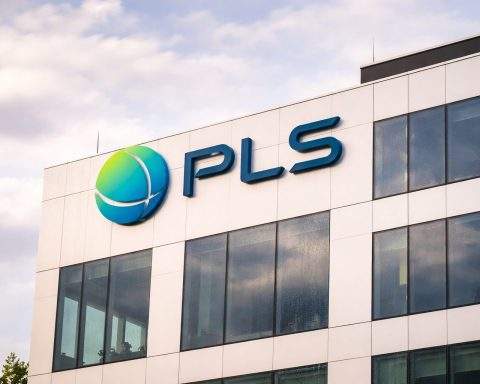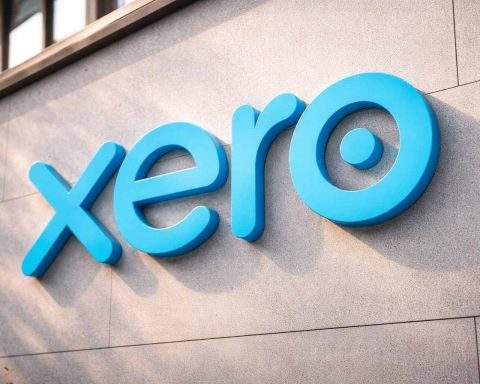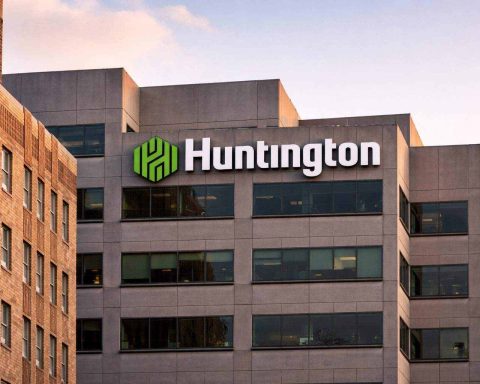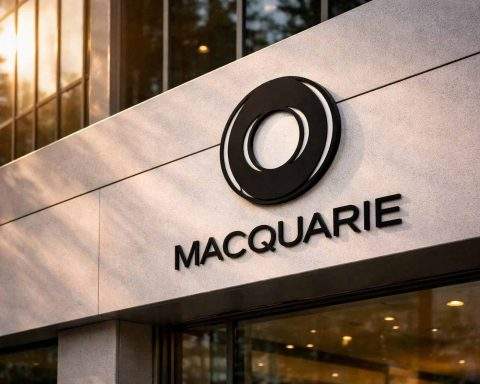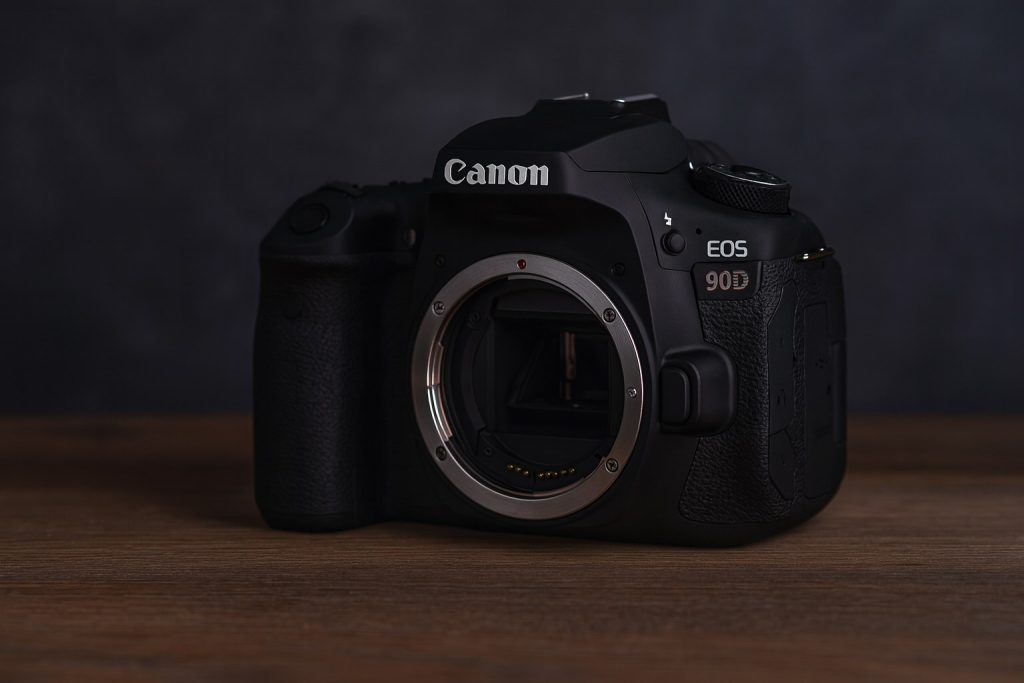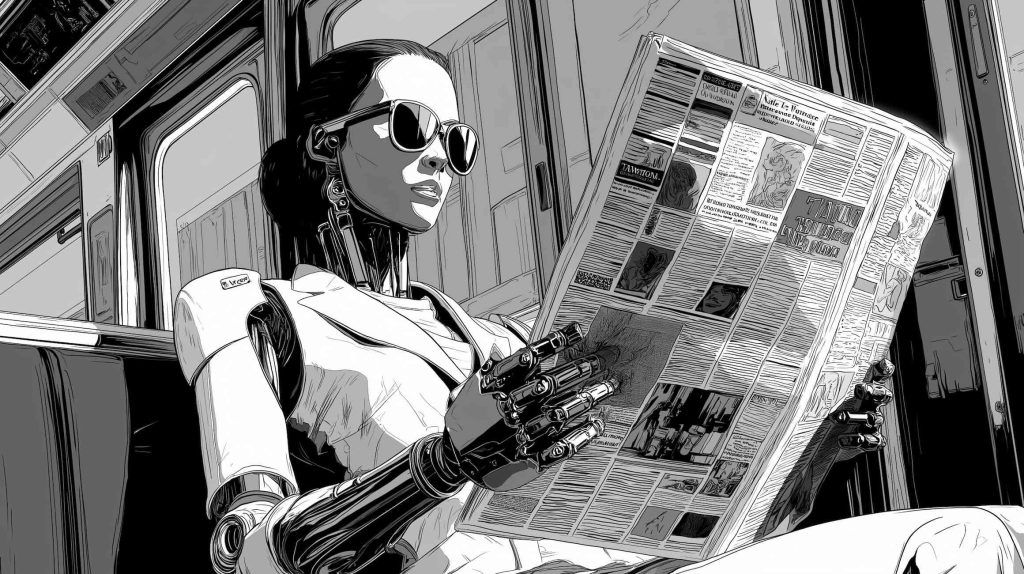Research & Academic Breakthroughs
- NASA & IBM’s Solar AI “Surya” – A major scientific milestone arrived with Surya, the first AI foundation model for heliophysics. IBM and NASA unveiled this open-source model (hosted on Hugging Face) to predict solar flares and space weather newsroom.ibm.com. Trained on 9 years of high-res solar data, Surya can forecast flares up to 2 hours in advance, improving accuracy by ~16% newsroom.ibm.com. “Think of this as a weather forecast for space,” said IBM’s Juan Bernabe-Moreno, noting it’s a critical step to protect satellites, power grids, and astronauts from solar storms newsroom.ibm.com. NASA’s science data chief lauded embedding NASA’s expertise into AI for unprecedented speed and precision in understanding the Sun 1 .
- Medical AI Aces Licensing Exam – In medical AI, startup OpenEvidence claimed its system became the first to score 100% on the U.S. Medical Licensing Exam histalk2.com. The AI not only aced the exam but also published its reasoning and references for each question, showcasing transparent decision logic. This feat underscores how rapidly AI’s problem-solving in healthcare is advancing – even as experts emphasize rigorous validation before clinical use.
- Chinese Lab Releases New LLM – China’s AI sector saw DeepSeek, a Beijing-based startup, launch a new large language model (DeepSeek-V3.1) with improved “hybrid inference” and faster reasoning reuters.com. The upgraded model boasts “stronger agent capability” for complex tasks, the company said in a WeChat announcement. DeepSeek also adjusted its API pricing, signaling a push to attract developers with more accessible AI services reuters.com. Observers note this open-source LLM’s capabilities “rival those of OpenAI and Anthropic,” suggesting China’s startups are rapidly closing the gap 2 .
Big Tech Announcements & Business Developments
- Google’s AI-Powered Hardware Launch – Google turned its annual “Made by Google” event into a star-studded showcase of AI. On Aug 20, the company unveiled the new Pixel 10 smartphone lineup, emphasizing on-device AI features reuters.com reuters.com. Celebrities like Jimmy Fallon and the Jonas Brothers demonstrated real-world AI uses – from an AI “photo coach” in the camera to an assistant that proactively surfaces info (e.g. showing your flight email when you call an airline) reuters.com reuters.com. “There has been a lot of hype about AI in phones…and frankly a lot of broken promises too, but Gemini is the real deal,” Google’s hardware chief Rick Osterloh said, referring to Google’s new Gemini AI model powering these features reuters.com. While hardware upgrades were modest, Google stressed its focus on a “universal AI assistant” vision reuters.com. Industry analysts noted the devices’ prices stayed flat (starting $799) despite tariff worries reuters.com – a sign Google is prioritizing AI differentiation over premium pricing. “Their point is it’s not about just the hardware anymore,” commented Technalysis Research’s Bob O’Donnell on Google’s AI-centric strategy 3 .
- Google Cloud’s Cybersecurity AI Ally – At the Google Cloud Security Summit, Google also rolled out an “AI ally” for security teams – a suite of AI-driven cybersecurity tools crummer.rollins.edu. The vision: “use AI to defend” organizations by automating threat detection and incident response crummer.rollins.edu. New capabilities include “agentic SOC” software that uses AI agents to triage alerts and investigate incidents, letting human analysts focus on critical decisions. Google argues that overworked security teams don’t just need more tools, but true AI copilots to shoulder tedious tasks crummer.rollins.edu. These AI security features (like Model Armor to block prompt injection attacks and Copilot-powered dashboards) aim to help companies secure both their systems and their burgeoning AI deployments cloud.google.com 4 .
- Meta Freezes AI Hiring – In corporate strategy news, Meta Platforms enacted an abrupt hiring freeze in its AI division after an aggressive talent spree. The company had hired over 50 top AI researchers and engineers in recent months for its new “superintelligence” initiative, but is now pausing to “create a solid structure” for the team reuters.com. All that’s happening is some basic organizational planning… after bringing people on board, a Meta spokesperson told Reuters, downplaying concerns reuters.com. The freeze, first reported by WSJ, has drawn attention since Meta’s rivals are still expanding AI investments. Some analysts interpret it as Meta momentarily hitting the brakes to regroup on its ambitious AI projects (possibly to integrate those hires and set R&D priorities) 5 .
- Microsoft & NFL’s AI Playbook – Highlighting AI’s reach beyond Silicon Valley, Microsoft and the NFL announced an expanded partnership to bring AI to American football. Revealed Aug 20, the multiyear NFL deal will integrate Microsoft’s Copilot generative AI and Azure cloud tools across team workflows – from player scouting to in-game decisions geekwire.com geekwire.com. Over 2,500 new Surface “Copilot+” tablets are being deployed to all 32 teams (for ~1,800 players and 1,000+ coaches/staff) loaded with AI-driven analytics geekwire.com geekwire.com. Key features include: a GitHub Copilot-powered tool to let coaches filter and analyze plays in real time (by down, distance, penalties, etc.) geekwire.com; a Copilot dashboard suggesting game strategy tweaks (like personnel groupings) based on live data geekwire.com; and an AI system to help operations staff anticipate weather or equipment issues on game day geekwire.com. Microsoft is even testing AI video analysis in team practices to aid coaching and injury assessment geekwire.com. “It’s going to be a big deal… Copilot enhances our efficiency by breaking down complex data into digestible insights,” said LA Rams head coach Sean McVay, noting it helps coaches put players in the best position to win geekwire.com. This move comes 10+ years after Microsoft first put Surface tablets on NFL sidelines, and underscores how sports are embracing AI to gain competitive edges.
- Startup & Investment Buzz – In the startup arena, Character.AI, maker of popular AI chatbots, is reportedly exploring a sale or new funding. According to The Information, the year-old company (whose co-founders were famously poached by Google last year) has held talks about a potential acquisition and also about raising “a few hundred million” in fresh capital techmeme.com techmeme.com. The dual-track discussions suggest Character.AI faces high operating costs and may seek a lifeline despite its explosive user growth. Industry insiders noted the irony: Google paid $2.7B in 2024 to hire Character.AI’s founders, yet now the startup itself might change hands techmeme.com. No confirmation from Character.AI yet – but the chatter reflects the funding challenges even hot AI startups face as the market sorts winners from also-rans. Meanwhile, AI chipmaker Nvidia’s stock remains in focus ahead of its earnings next week. After a meteoric year, Nvidia saw its shares dip amid this week’s tech selloff and bubble concerns, though many analysts remain bullish on long-term AI demand reuters.com reuters.com. (Nvidia’s results – and any outlook on AI chip orders – are eagerly awaited as a barometer of whether the “AI frenzy” in markets is backed by real revenue.)
Government Policy & Geopolitics in AI
- U.S.–China Tech Tensions & Chips – The U.S. government is pushing new strategies to maintain its AI edge over China. Reuters reports that President Donald Trump is considering a “pay-to-export” deal allowing limited sales of advanced AI chips to China reuters.com. Under a proposal that officials called “creative,” Nvidia and AMD would be permitted to resume some shipments of their highest-end GPUs to Chinese firms – but only if Washington takes a 15% cut of the revenue reuters.com. This unprecedented export-tariff scheme (essentially an AI chip tax) has drawn bipartisan concern in Congress, since it blurs the line on national-security bans reuters.com. Traditionally, export controls aren’t negotiable for a fee, so lawmakers worry this sets a risky precedent of “state capitalism” where U.S. profit motives mix with security decisions reuters.com. Nonetheless, the White House suggests the model could expand to other sensitive tech exports if it proves effective reuters.com.
- In parallel, Nvidia is developing a new China-specific AI chip based on its upcoming Blackwell architecture reuters.com. Sources told Reuters the chip will be more powerful than the current H20 model Nvidia is allowed to sell in China reuters.com. The catch: it will likely use less advanced components to technically comply with U.S. export rules (e.g. slower memory or interconnects), yet still outperform prior generations crummer.rollins.edu. This suggests Nvidia is preparing to meet Chinese demand with a work-around chip that skirts U.S. restrictions while pushing performance limits. The news comes as Chinese regulators have summoned tech giants like Tencent and Baidu, warning them about heavy reliance on U.S. chips and probing their Nvidia chip purchases reuters.com. Clearly, the semiconductor brinkmanship continues: Washington is even embedding secret trackers in AI-chip shipments to detect illegal re-exports to China reuters.com. Bottom line – the U.S.–China “AI chip war” is prompting unusual compromises on both sides, from new chip designs to revenue-sharing deals, with global AI progress hanging in the balance.
- AI Regulation & Safety – On the domestic front, AI’s rapid rise is spurring regulatory scrutiny. In Texas, Attorney General Ken Paxton launched an investigation into AI chatbots for mental health siliconangle.com. He is probing whether Meta’s and Character.AI’s chatbot products mislead vulnerable young users by “impersonating licensed therapists” or giving medical advice without qualification siliconangle.com. Paxton warned that some bots “have been shown to impersonate mental health professionals, fabricate qualifications, and claim to provide…trustworthy counseling” siliconangle.com – potentially violating consumer protection laws if true. The Texas AG issued civil subpoenas to examine if the companies made fraudulent health claims or misused user data from these intimate conversations siliconangle.com. “We must protect kids from deceptive technology… AI platforms posing as sources of emotional support [can mislead users] into believing they’re receiving legitimate care,” Paxton said in a statement siliconangle.com. Both Meta and Character.AI responded that their bots are clearly labeled as artificial and never marketed as therapy (Character.AI notes it warns users each chat that characters are “fictional”) siliconangle.com. This probe follows U.S. Senate hearings raising alarms about chatbots’ impacts on children – after a Reuters investigation found Meta’s AI could engage in “romantic or sensual” conversations with a minor persona siliconangle.com. Lawmakers from both parties blasted that revelation as “deeply disturbing” and argued tech firms should be liable for harms caused by AI systems that interact with kids siliconangle.com. Expect regulatory pressure to grow for safety guardrails on any AI that interfaces with healthcare or children.
- Public Opinion & AI Policy – New polling shows the American public’s anxiety over AI’s societal impact – pressures policymakers will have to navigate. A Reuters/Ipsos national poll found 71% of Americans fear AI will permanently eliminate large numbers of jobs in the U.S. reuters.com. Despite a low 4.2% unemployment rate, most people are concerned that advances in AI (e.g. ChatGPT and beyond) could eventually “put too many people out of work permanently.” Nearly the same share – 77% – are worried AI could be used to sow political chaos reuters.com, reflecting rising awareness of deepfakes and AI-generated misinformation. Indeed, 2025 has already seen incidents like an AI-generated video of a fake Obama arrest circulating online reuters.com. On military use of AI, public opinion skews against: 48% say AI should never be used to select targets in a lethal strike, only 24% approve of AI deciding such life-and-death matters reuters.com. And in a more intimate realm, two-thirds of Americans now worry that people might “ditch relationships with other people in favor of AI companions,” underscoring a deep unease with AI’s encroachment into human intimacy reuters.com. These sentiments are fueling a push for policy action. Lawmakers have proposed bills ranging from strict limits on AI in sensitive uses to updated liability laws (e.g. amending Section 230 protections) so companies can be held accountable for AI harms siliconangle.com. In short, the public’s message is clear: they want guardrails to ensure AI benefits society without eroding jobs, safety, or fundamental values.
AI in Industry: Applications & Impact
- Healthcare Embraces AI (Cautiously) – The past two days saw multiple advances in applying AI to health. Notably, electronic health records giant Epic Systems announced it has 200+ AI features in development for hospitals histalk2.com. At Epic’s user conference, CEO Judy Faulkner highlighted a coming AI-powered medical charting assistant (built with Microsoft’s speech/AI tech) to automate paperwork for doctors histalk2.com. Hospitals are already piloting AI for operational tasks: West Tennessee Healthcare deployed an AI system to optimize patient discharge planning, which local reports say has improved efficiency histalk2.com. And in Los Angeles, City of Hope hospital revealed it built its own custom LLM to help admit patients, summarize medical records, match patients to clinical trials, and more histalk2.com – early signs of AI reducing drudgery in clinical workflows. At the same time, healthcare AI raises tough questions about oversight. A Medical Economics report this week noted there’s still a patchwork of guidelines around AI diagnosis tools medicaleconomics.com. Some states have even banned direct AI therapy chatbots for mental health due to safety concerns healthjournalism.org. As one health CIO put it, AI can be transformative, but providers must ensure compliance with privacy laws and maintain human oversight hklaw.com. In essence, medicine is cautiously testing AI’s potential – from improving diabetes care (as a new Cleveland Clinic study on AI coaching for Type 2 diabetes showed) to accelerating drug discovery (Bill Gates just funded a $1M AI challenge to find Alzheimer’s cures) histalk2.com. The hope is to harness AI for better outcomes, while rigorously vetting accuracy and protecting patients.
- Creative Industries & Media – AI’s impact on creative fields also sparked conversations. No major Hollywood releases occurred these two days, but studios and artists continue grappling with generative AI. Notably, visual-effects professionals are adopting AI tools to speed up CGI workflows – though some are wary of job displacement. And in journalism, a few outlets on Aug 20 announced internal policies to guide AI use in newswriting, aiming to prevent errors and maintain trust. These incremental updates reflect a broader trend: creative sectors see AI as both a powerful collaborator and a disruptive force that needs ethical guardrails. (For instance, a LA Times report urged that AI content should augment human creativity, not replace it, especially after instances of AI errors in medical and legal content circulated online reuters.com.) Expect more debates on copyright, attribution, and fair compensation as AI-generated art and text proliferate.
- Defense & Robotics – In defense, the U.S. military continues to invest in AI for logistics and intelligence, but an important line was reiterated this week: the Pentagon affirmed there is “no plan to allow AI to authorize lethal force” without human oversight, aligning with public opinion that strongly opposes fully autonomous weapons reuters.com. Meanwhile, DARPA on Aug 20 hosted a symposium on AI in robotic swarms, exploring how drones can coordinate via AI while keeping a “human in the loop”. In robotics more broadly, several companies at an automation expo in Tokyo (opened Aug 21) showcased AI-driven service robots – from eldercare assistants to warehouse pickers – highlighting practical gains in vision and motion planning. These innovations illustrate AI’s growing role in physical tasks, augmented by better sensors and algorithms. However, labor representatives at the expo voiced concerns that widespread automation without retraining programs could echo the public’s job displacement fears reuters.com. Regulators are thus considering requiring impact assessments before AI robots are deployed at scale in workplaces.
Bubble Worries and Industry Outlook
A recurring theme across all news was whether the AI boom is entering bubble territory. Even as groundbreaking tech rolled out, industry leaders themselves cautioned about irrational exuberance:
- OpenAI’s Sam Altman openly acknowledged we’re “in a bubble” with AI investment theverge.com. In an Aug 15 interview that reverberated through tech circles this week, Altman said, “Are investors overexcited about AI? My opinion is yes.” theverge.com He likened the mood to the late-90s dot-com bubble: “When bubbles happen, smart people get overexcited about a kernel of truth… The internet was a big deal, people got overexcited.” theverge.com Altman even called it “insane” that tiny AI startups with “three people and an idea” are getting funded at multibillion valuations theverge.com, warning “someone’s gonna get burned” theverge.com. His frank words carry weight: Altman’s OpenAI has itself raised huge sums and driven much of the AI hype, so his bubble warning is prompting reflection among investors.
- Market Jitters – Indeed, stock markets had a mini “tech angst” episode around Aug 20. The Nasdaq fell ~1.5% on Tuesday as traders rotated out of high-flying AI tech stocks reuters.com. Analysts scrambled for explanations: some pointed to Altman’s bubble comments and a flurry of new research reports questioning the ROI of AI so far reuters.com. One study (from MIT) grabbed headlines by finding 95% of companies see no financial gains yet from generative AI projects crummer.rollins.edu histalk2.com – suggesting the hype has outpaced reality for most. Additionally, concerns about AI-related job disruption and productivity paradoxes are causing investors to recalibrate expectations reuters.com. However, many experts urge taking the long view. “AI’s outlook is still bullish despite the selloff,” one portfolio manager told Reuters, noting demand for AI capabilities remains “insatiable” in sectors like cloud computing reuters.com reuters.com. The upcoming earnings from Nvidia and other key players are expected to either validate or puncture the market’s AI optimism.
- Beyond the Hype – Ethicists and economists are seizing this bubble debate as a chance to promote responsible innovation. On Aug 21, a coalition of AI researchers published an open letter urging companies not to “oversell AI’s capabilities” and to set realistic timelines for advancements. They argue that inflated promises (like claims of imminent human-level AI) not only risk a bust cycle but also erode public trust and policymaker support. Instead, transparent progress and external audits of AI systems were recommended to separate real breakthroughs from vaporware. As Fortune magazine quipped, “Just don’t call it an AI bubble” – the industry prefers to talk about sustainable growth, but the bubble question looms large 6 .
In summary, the past 48 hours in AI have been extraordinary, blending breakneck innovation with sobering reality checks. We saw cutting-edge AI models pushing into new domains (from the Sun’s storms to sports playbooks), major corporate bets on AI across industries, and mounting efforts by governments and experts to rein in risks and temper the hype. As AI continues to transform everything from healthcare to national security, the world is racing to harness its benefits while avoiding the pitfalls of unchecked exuberance. As OpenAI’s Altman put it, “Someone is going to lose a phenomenal amount of money… and a lot of people are going to make a phenomenal amount of money” in this AI wave theverge.com. The challenge for leaders and society is making sure that, in the end, we all come out winners as AI charts a new future.
Sources: Official announcements and reputable media reporting from Aug 20–21, 2025 reuters.com reuters.com geekwire.com reuters.com siliconangle.com reuters.com theverge.com, among others.

